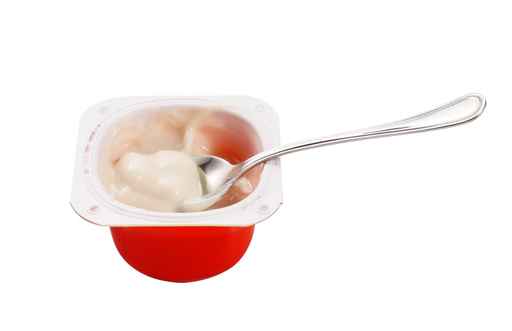Opt for a moderate-fat diet

All diets differ on the amount and type of fat that it contains. These diets can be divided into three categories namely a high-fat, moderate-fat or low-fat (sometimes fat-free) diet.
High-fat diet
A high-fat diet is one that would contain a high degree of kilojoules making it even more difficult to lose weight. Stay aware of the type of fats that are contained in foods and try to limit the amount of saturated fats that you are consuming. Try your best to avoid trans-fats as far as possible.
Adopt a moderate-fat diet
Aim at trying to replace saturated and trans-fats with moderate amounts of natural and minimally processed fats. These fats can be found in foods such as nuts and seeds, avocados, fish, flaxseed oil as well as extra virgin olive oil. 'A diet that contains moderate amounts of healthy fats helps to curb your appetite'. This may help you when it comes to weight management.
Are low-fat diets achievable or effective?
It seems that many people find it difficult to stick to a low-fat diet in the long term.
‘In a study that compared a typical low-fat diet with a moderate-fat diet, people experienced roughly the same amount of weight loss after six months. But after 12 months, those who ate the moderate-fat diet lost about four kilograms more, while those on the low-fat diet regained their original weight, plus an extra two and a half kilograms. The people consuming a moderate-fat diet stuck with their healthy eating plan, said foods were tastier, and consumed more of their favourite foods while watching their portion sizes’.
Consult a professional
Always consult a dietician if you require assistance in putting a meal plan together. In addition, you should always check with your doctor before making any drastic changes to your diet, especially if you are under medication or suffer from any medical condition that has an effect on your diet.
-
The dangers of a feeding tube diet
-
Best & worst foods for BELLY FAT: Dont let winter get the better of you
-
Fashionable Nutrition Myths: Exercise means eating more?
-
Slim down with carrot and coriander soup
-
HOW TO LOSE WEIGHT WITH ZERO EFFORT: 8 SIMPLE WEIGHT LOSS TRICKS
How To Lose Weight With Zero Effort: 8 Simple Weight Loss Tricks
-
The BEST Way to Satisfy Cravings Without Going Overboard
No matter how wholesome your typical meal may be, you’re bound to want
- DON'T MISS
- Throw out refined carbohydrates
- DIY green detox drink
- Weight Watchers vs Jenny Craig: Which Commercial Diet Program Is Best? | YouBeauty
- 4 Ways to Burn More Fat
- The Super-Easy Trick That Makes Low-Cal Food Taste Better
- Plan for the weekend if you want to lose weight
- What Happens to Your Body When You Skip a Meal
- The dangers of a feeding tube diet
- The Surprising Thing Behind Your Weight Gain
- Weight-Loss Success Story: How One Woman Made Health a Priority and Lost Over 120 Pound




